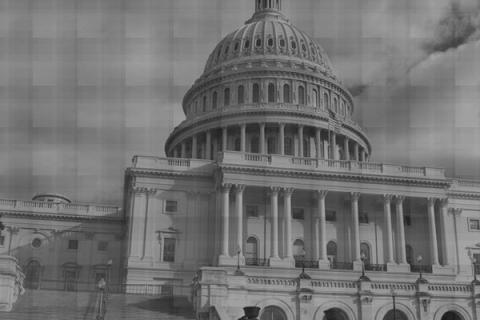Last week, I reviewed the history of the federal income tax in relation to the National Debt. Today let's consider if there is a better alternative to a federal income tax.
The Federal Income Tax, in effect since 1913-- thanks to the 16th Amendment-- gives the federal government unlimited power to tax incomes. I pointed out last week that the National Debt accumulated from 1776 to 1913 was $2.9 billion; there was a federal income tax for only 10 of those years (from 1862-1872, during and after the Civil War).
The National Debt today is over $15.6 trillion, exceeding the size of our economy (Gross Domestic Product or GDP) and increasing debt by over 538,000% since 1913. To put it another way, this means that 99.9% of our National Debt has come since we have had a federal income tax.
Based on this data it is reasonable to conclude that giving government unlimited power to tax (and spend), however well intended the taxes and spending may be, has led to massive debt, erosion of economic liberty, and more difficulty for more Americans to make ends meet.
How can we reduce the debt while increasing economic prosperity and opportunity for Americans at all income levels? One way is by changing the way we fund the government.
One such plan to change how we fund the government is called the FairTax. The FairTax would replace all federal taxes (personal, estate, gift, capital gains, alternative minimum, Social Security, Medicare, self-employment, and corporate taxes) with a 23% national retail sales tax on new goods and services. The plan also calls for repeal of the 16th Amendment to assure that there is no imposition of multiple taxes.
To those concerned about a sales tax disproportionately hurting lower income Americans, supporters point out the FairTax "provides a monthly universal prebate to ensure that each family unit can consume tax free at or beyond the poverty level, with the overall effect of making the FairTax progressive in application." For those concerned about whether the 23% tax would sufficiently fund the government, supporters say this rate has been independently confirmed by "several different, nonpartisan institutions across the country" as revenue neutral.
Until actually implemented and the 16th Amendment repealed, it is impossible to predict with certainty whether the FairTax would reduce debt and increase economic prosperity for more Americans. However, the primary benefits of a plan like the FairTax would be increased economic liberty (no tax returns to fill out, no IRS) and limiting of government power (only 1 tax rate for all Americans, making it more difficult for Washington to increase taxes as it would affect everyone).
Based on the current debt and lack of fiscal discipline in Washington, any plan which makes it more difficult to raise taxes, spending and our debt is a step in the right direction. Congressional and presidential candidates should be asked before November their thoughts on the current income tax/16th Amendment and whether or not reforms should be made.

